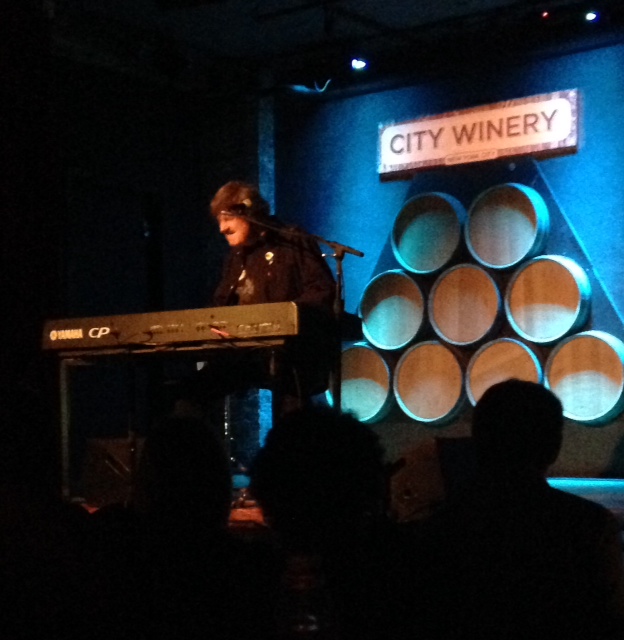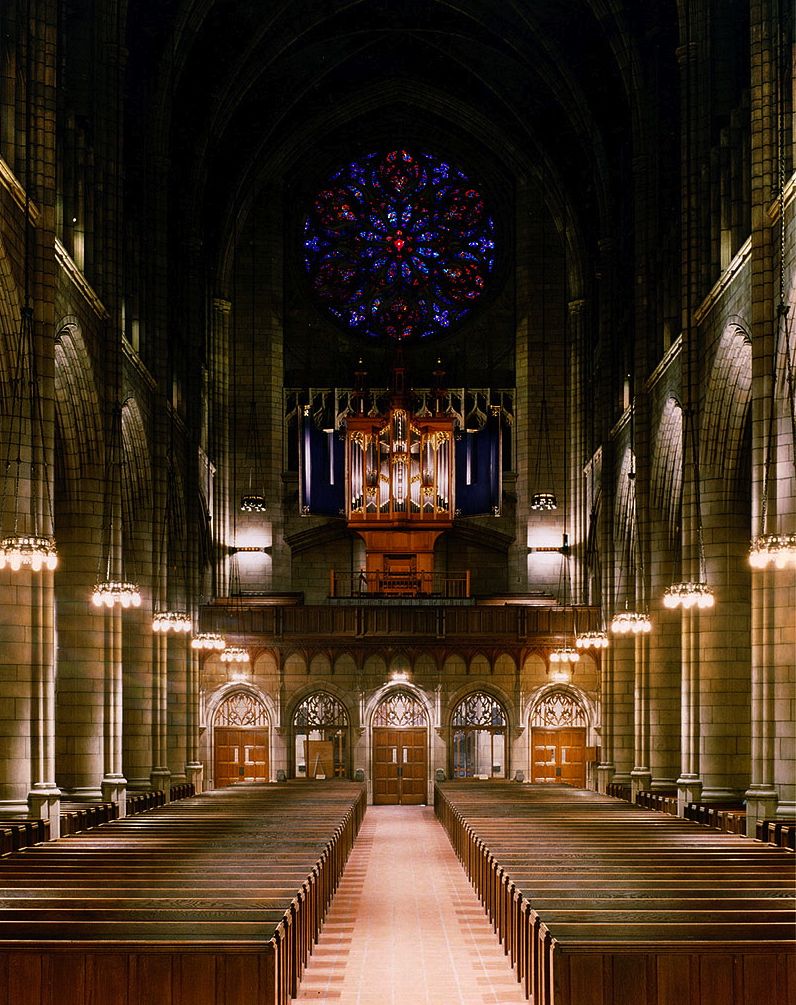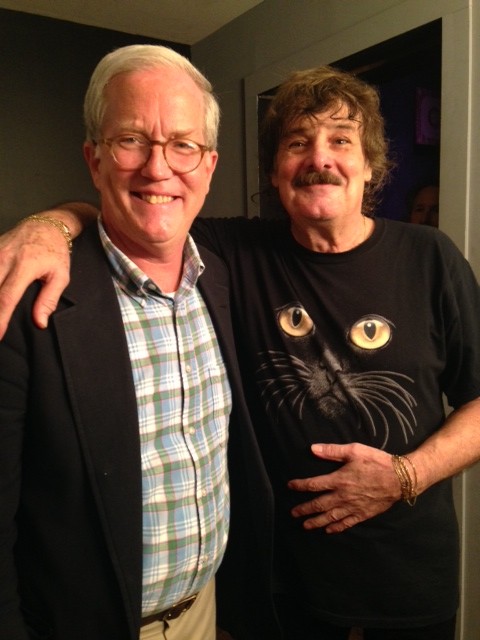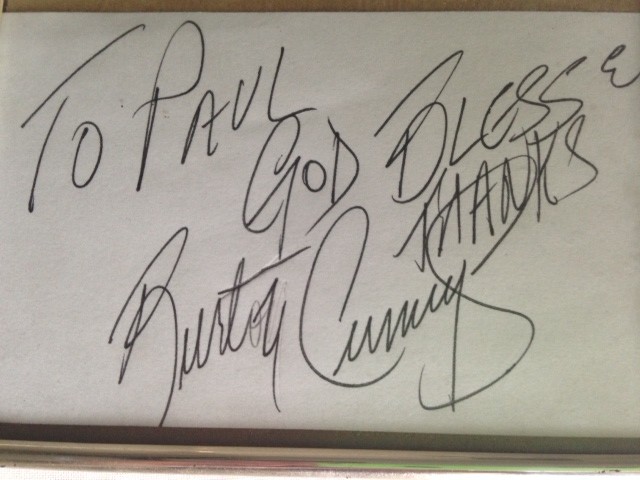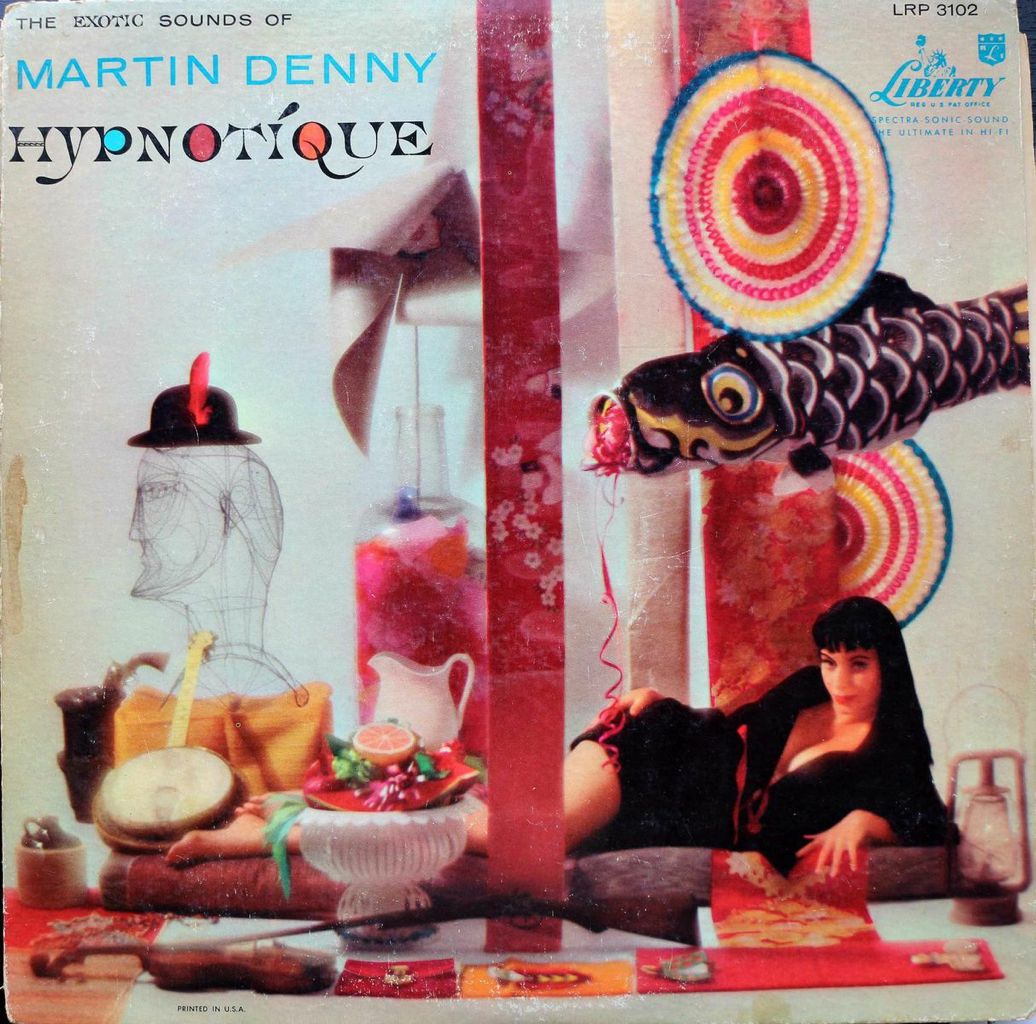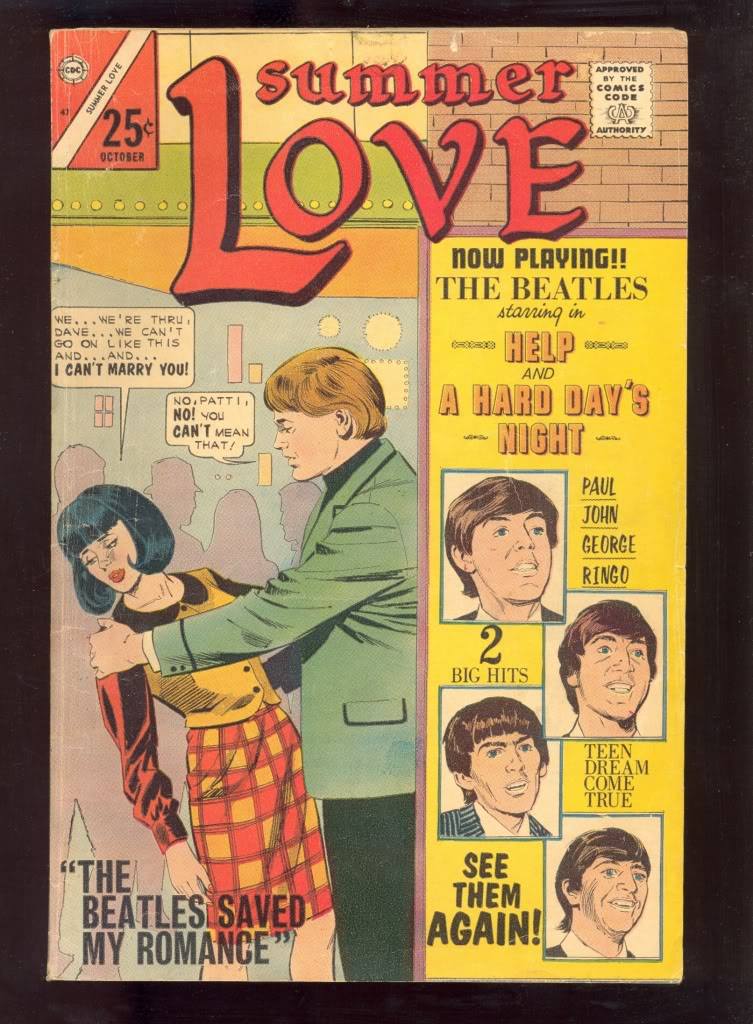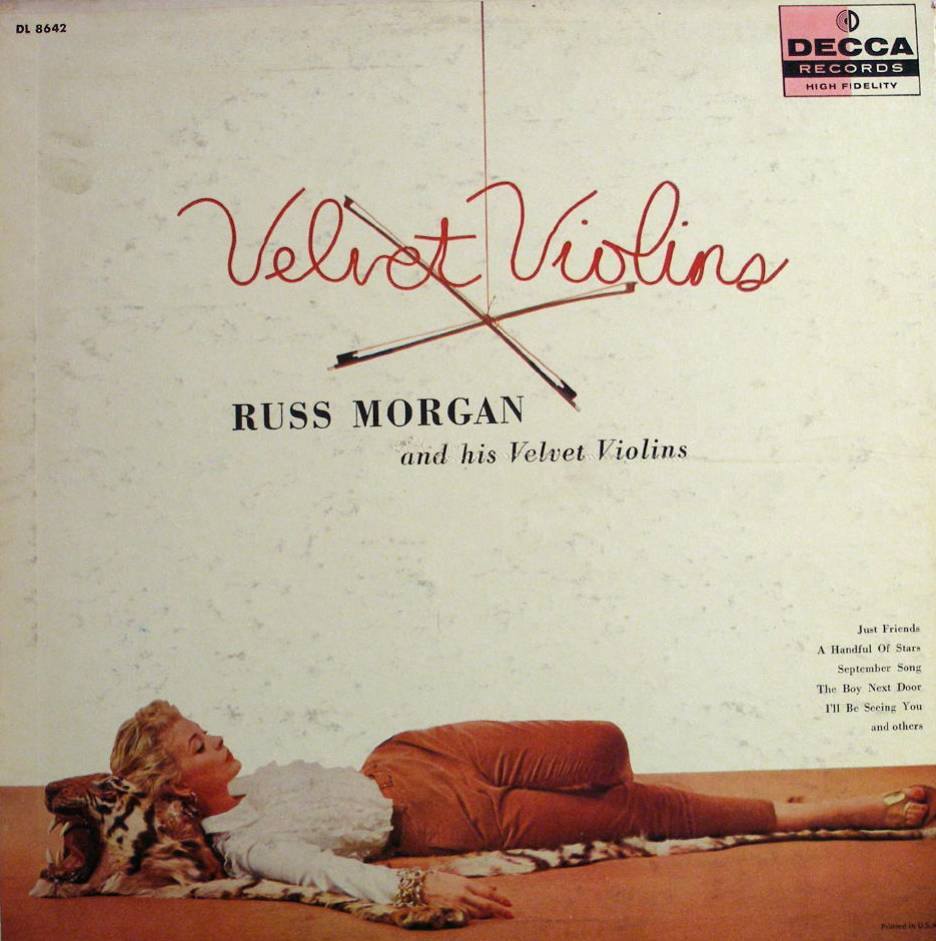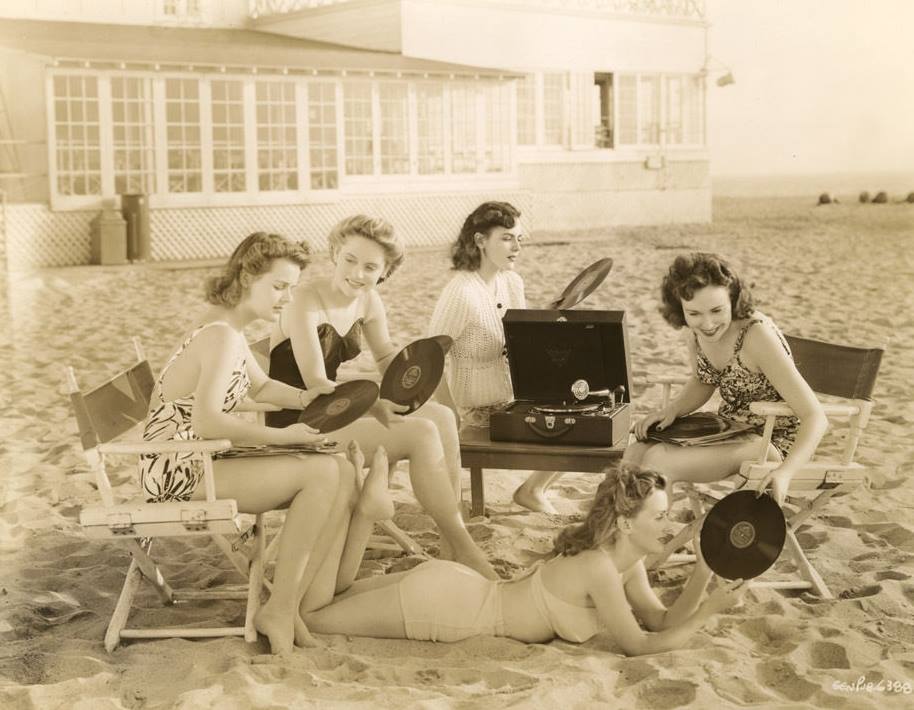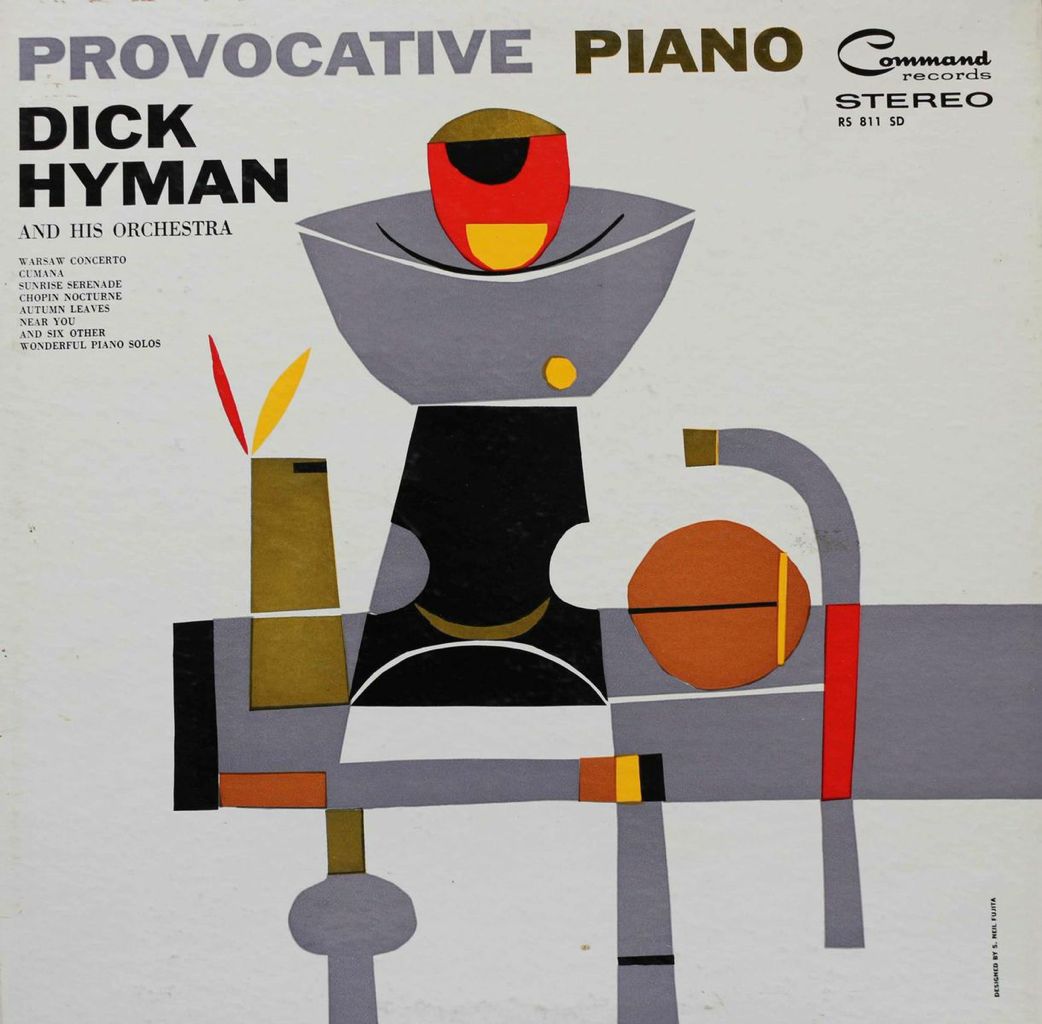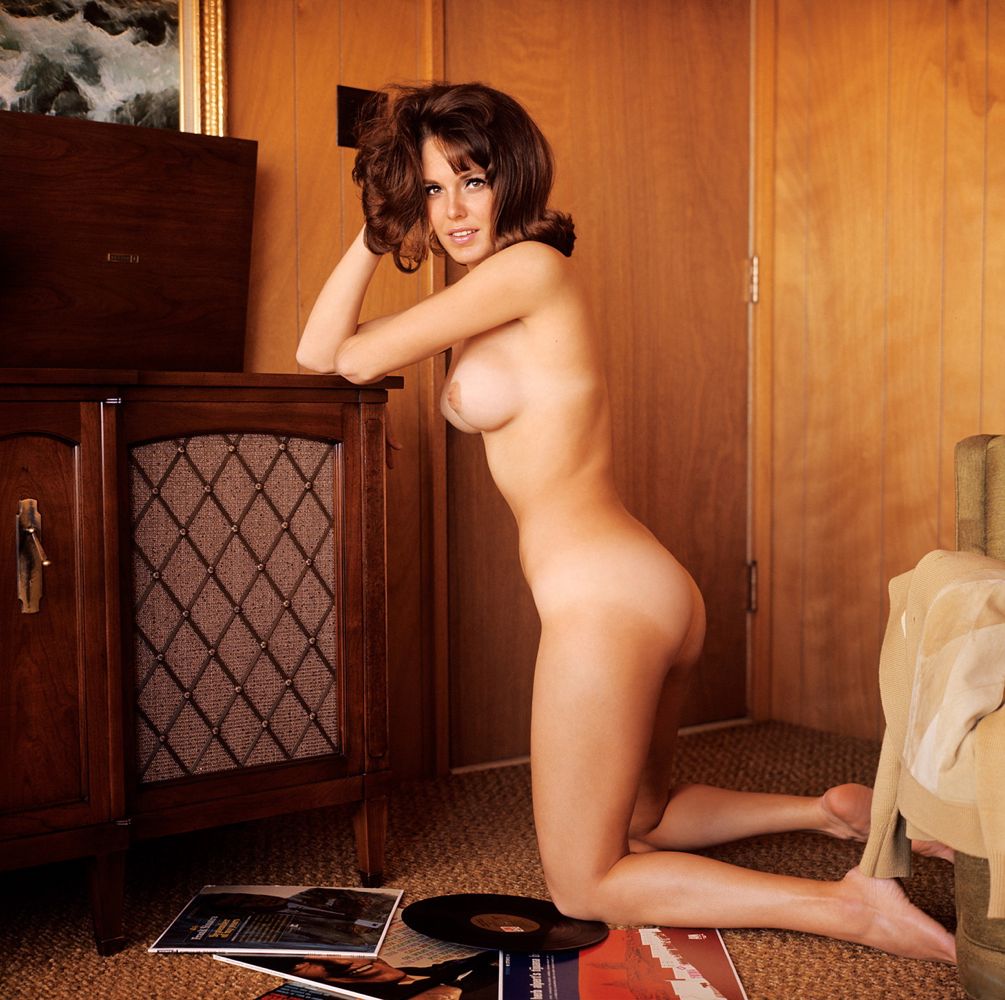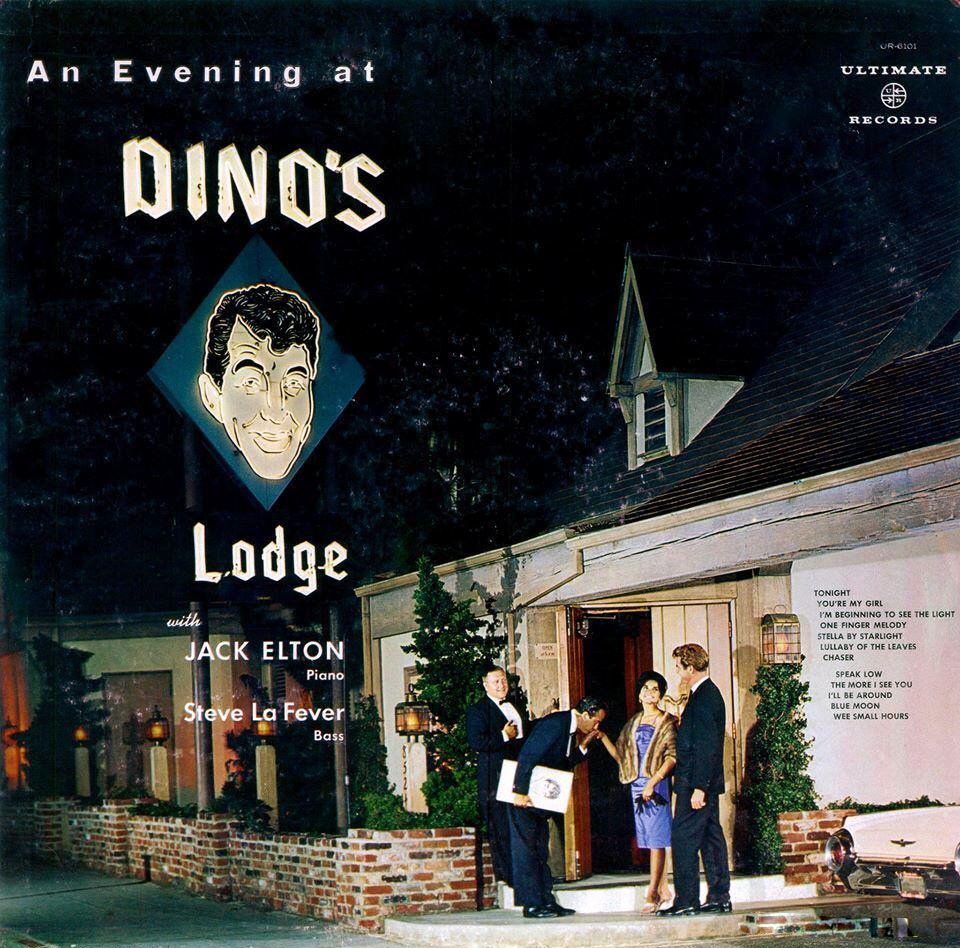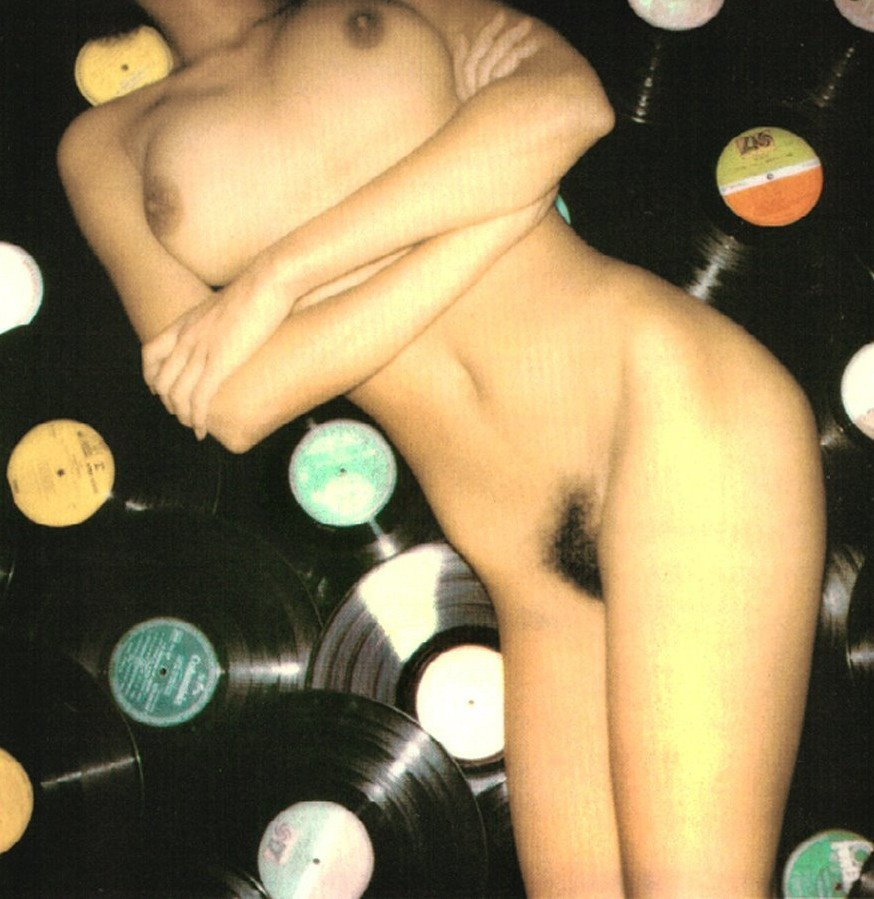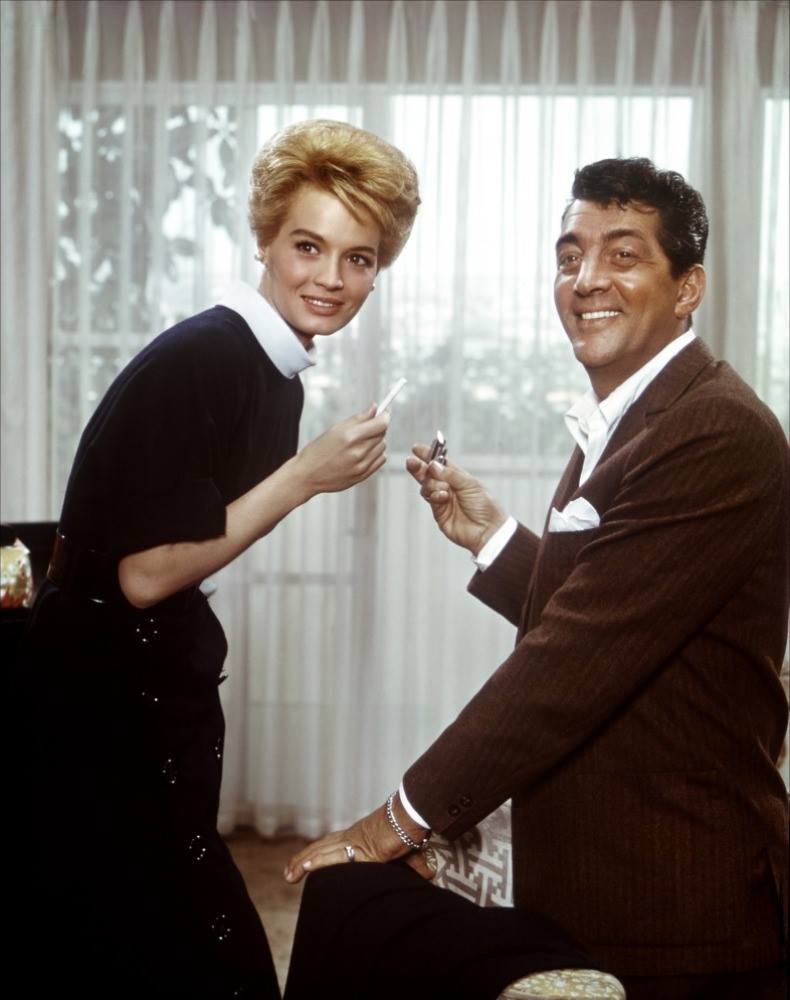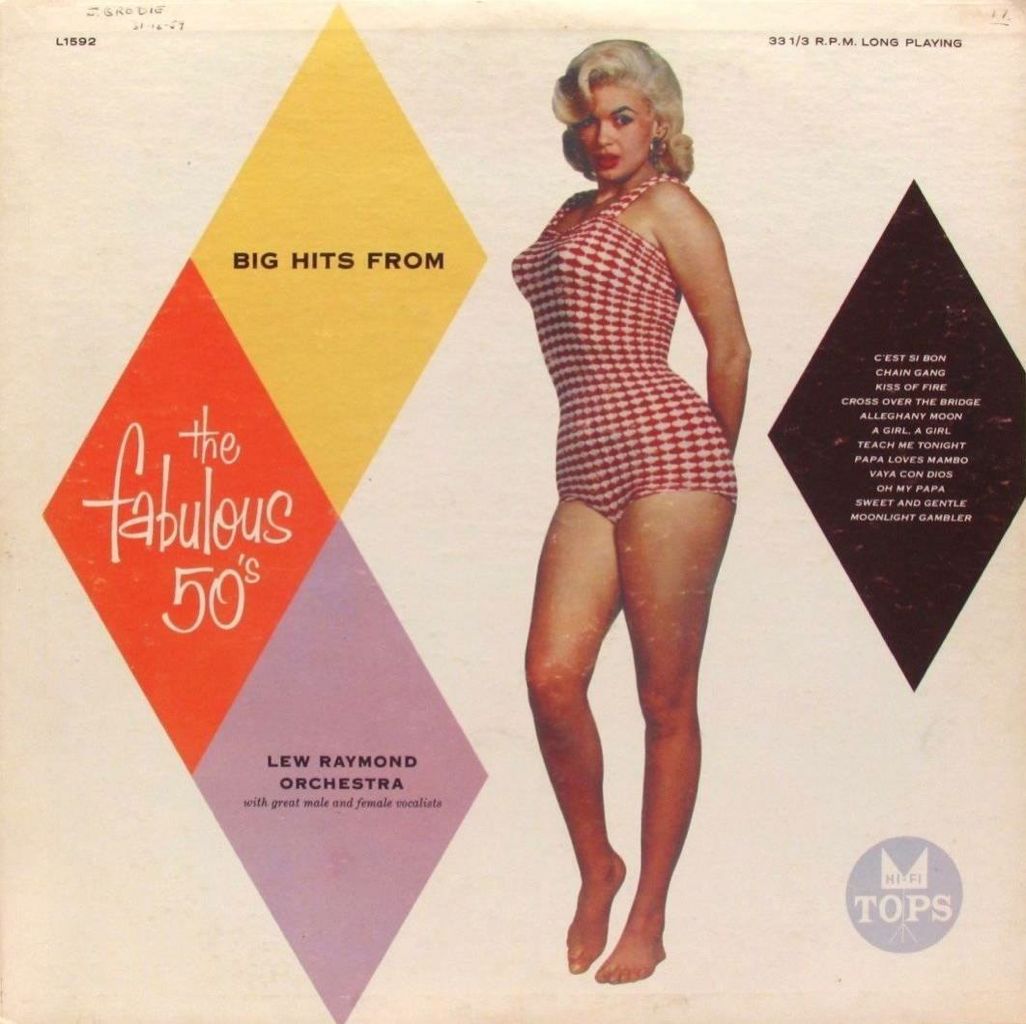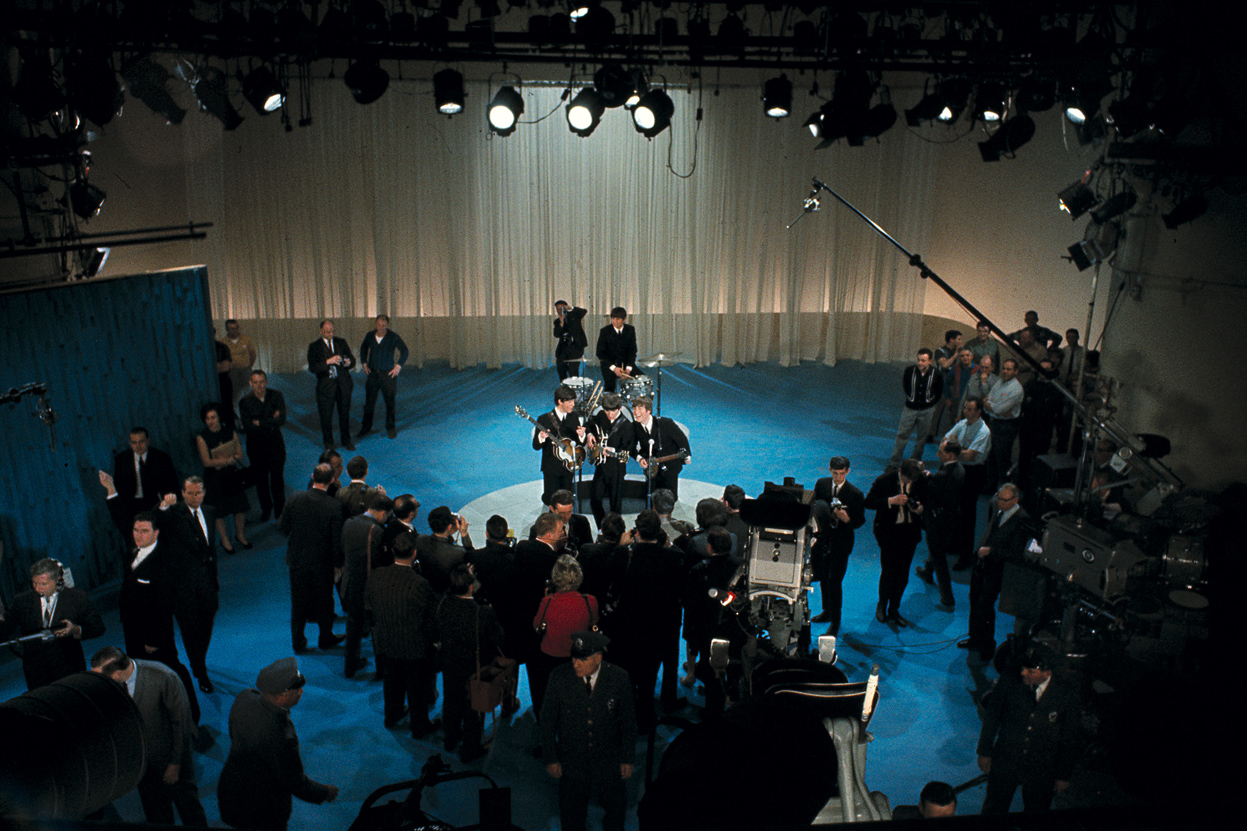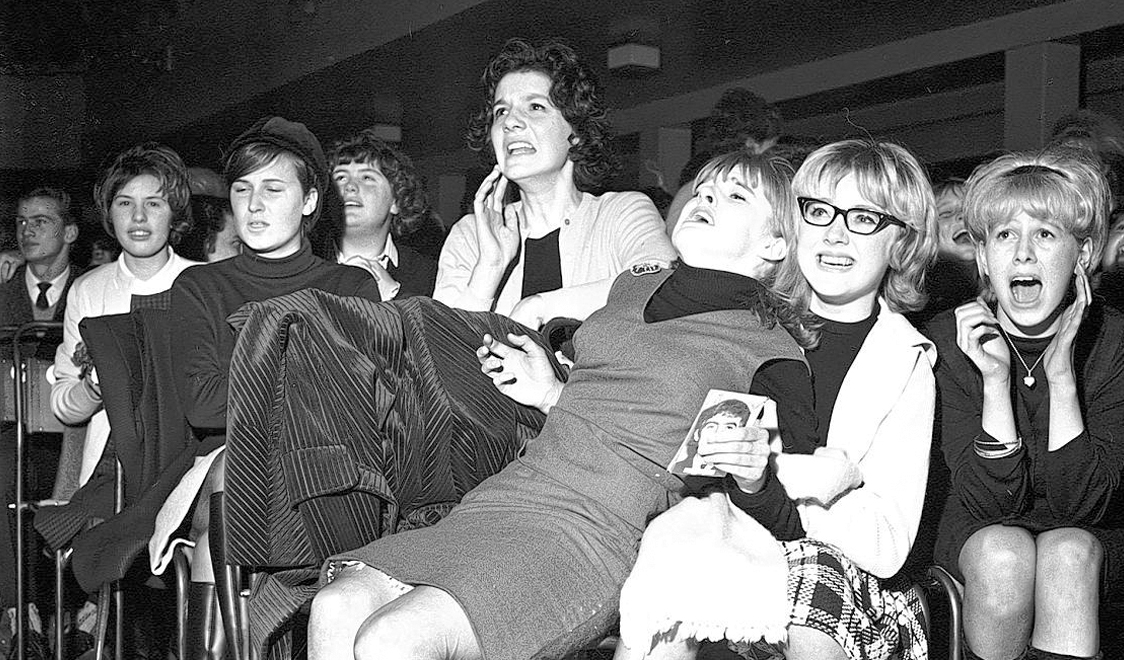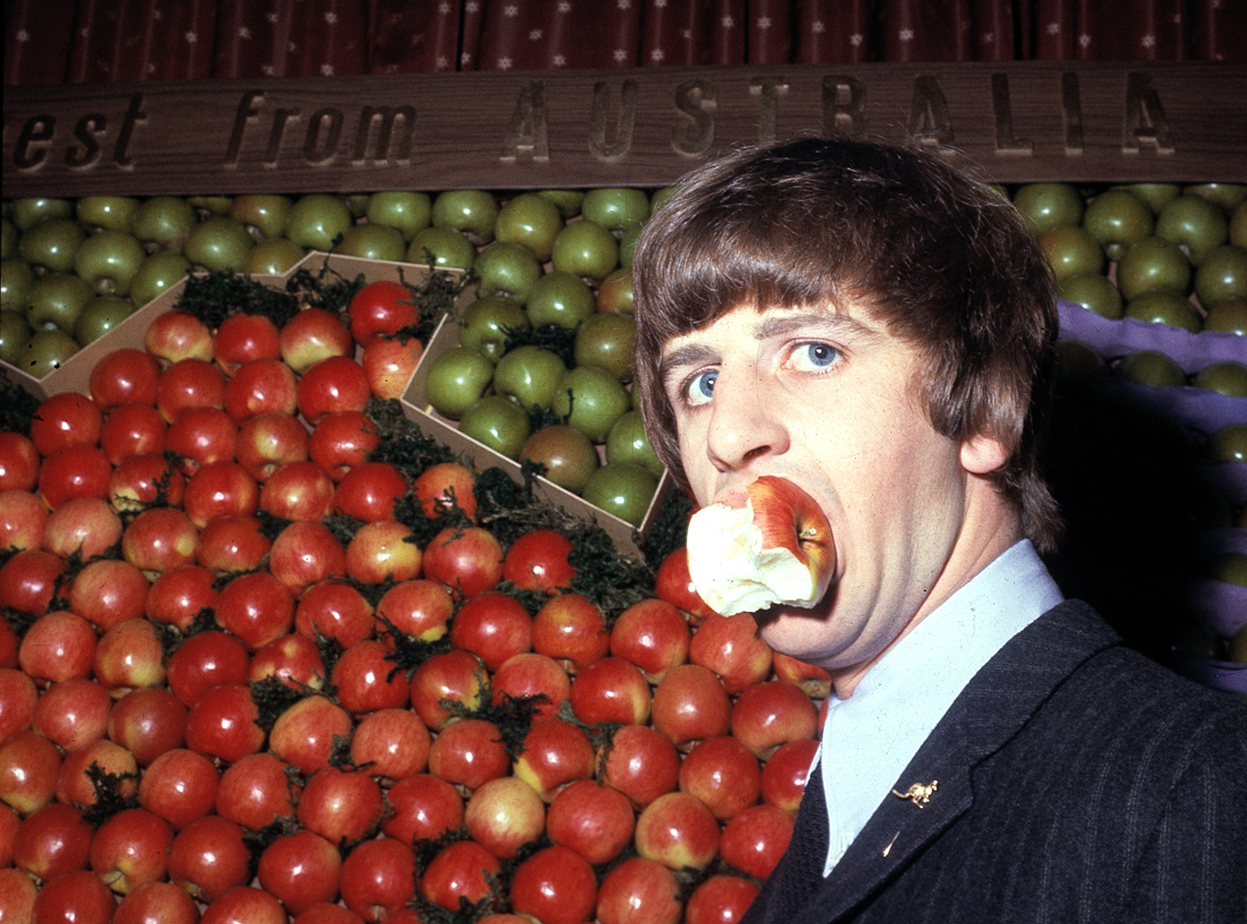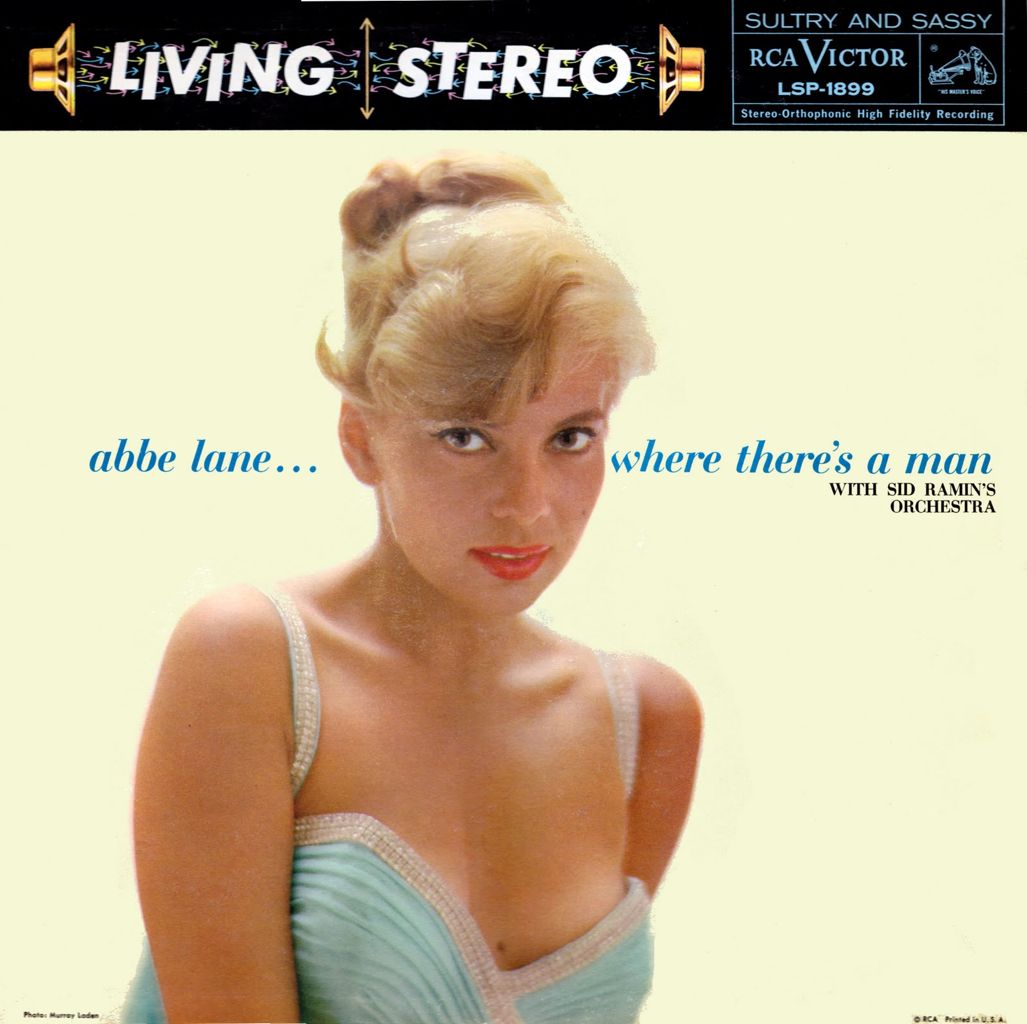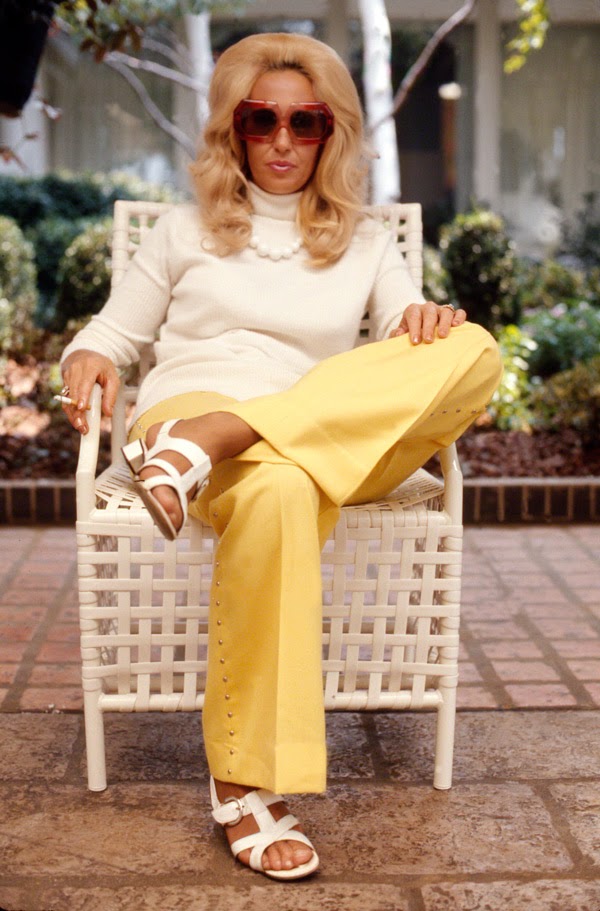PZ goes to see one of his favorite pop stars in concert, becomes a part of the event and writes about it below:
TAKE COURAGE — HE IS CALLING YOU
In the Bible a blind man calls persistently on the Lord to be healed. He finally gets the message back: “Take courage. He is calling you.” A good thing then happens.
I felt like the blind man recently, when someone I admire decided he wanted to see me.
Burton Cummings, who became famous long ago as lead singer and keyboard player of The Guess Who and later launched a solo career, is a rare artist who seems to me almost completely unfiltered. What I mean is, he rarely filters his emotions. His songs are full of unfiltered feeling — so much so that they are sometimes too hot to handle. Songs like “These Eyes”, “Stand Tall”, and “Sour Suite” are hard on the listener yet massively cathartic.
“I’m Scared” made a special impression on me, because it tells the story of Cummings’s spiritual epiphany that he had while sheltering from the cold one day in St. Thomas Episcopal Church at 53rd and Fifth in Manhattan (above). Something happened that day, and the song is still one of his most popular, if not the most popular of anything he’s ever written.
Well, last week, at my wife’s suggestion, I went to see Burton Cummings at the City Winery on Varick Street in Soho. When I arrived, in the middle of a thunderstorm, I passed in a note, hoping against hope, to a member of Cummings’s team, that an Episcopal minister was there tonight who had an association with what the song “I’m Scared” refers to as “the Cathedral of St. Thomas”. (I’ve preached there several times over the years, and led forums there, and been good friends with two long-term rectors of the parish.)
Then suddenly, in his intro to “I’m Scared”, Burton Cummings said that he understood “there is a pastor in the audience tonight” to whom he wished to dedicate the song. He asked where I was sitting, and the teenager sitting two seats away from me, shouted, “He’s here! He’s over here!” I couldn’t believe it.
Then, at the end of the show, he announced that he wanted to see me as soon as possible.
Like the blind beggar in the Old Story, I went forward. Cummings’s manager, Lorne Saifer, took me by the elbow straight into the inner sanctum. There, literally bathed in light — for Cummings’s videographer, Lil Sarafian, was filming our meeting — was the man himself.
What transpired was so lovely and so dear, and so personal, that I can barely believe it happened. We spoke for ten minutes about Cummings’s spiritual beliefs; what the song “I’m Scared” had meant to his mother, who died two years ago; and what he thinks about religion today and its purpose. He told me he had grown up in the Anglican Church of Canada, and when I mentioned that St. Thomas is an Episcopal (i.e., Anglican) church, he said, “Oh, you see! I thought it was Presbyterian!”
Then the seer put his arm around me and called for a photo. He gripped my hands in both of his, and in the most heartfelt possible way, thanked me for coming. He thanked me — as if.
The manager escorted me out and twinkled, “You see, pastor, prayers are answered.”
Well, that’s it. Not only are the songs of Burton Cummings the very instance of unfiltered emotion in music, but our “splendid combination” (Gene Chandler) that night was unfiltered, too. Something passed between us. To quote Cummings again, “I thought that stuff was invisible.”

